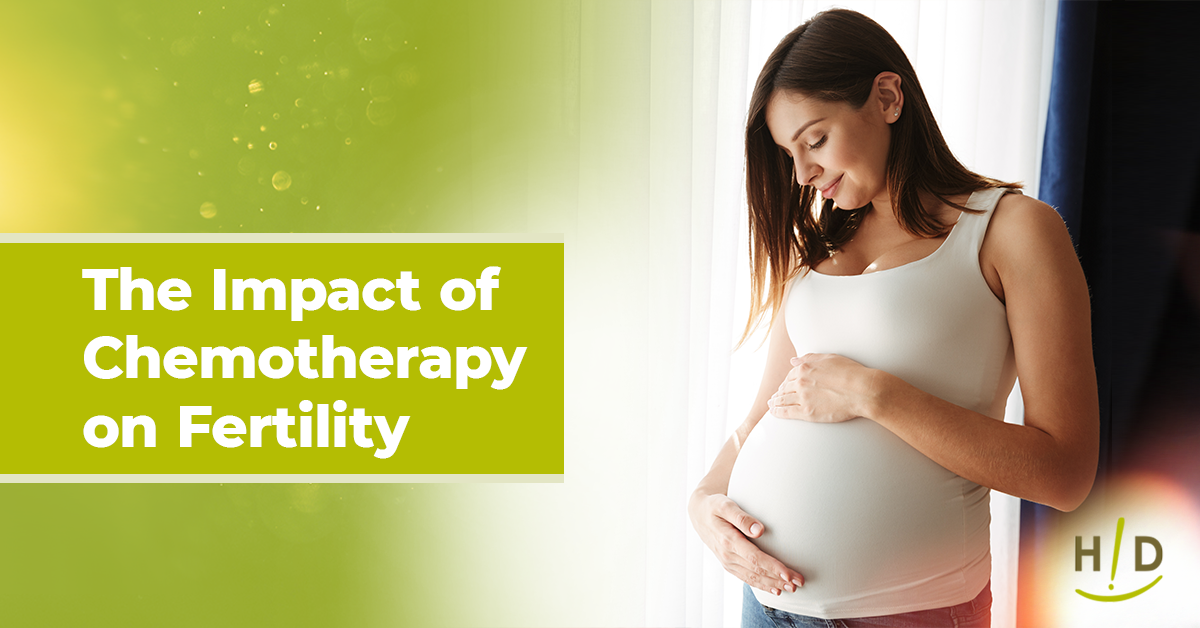Creating children and bringing them into this world was one of God's very first instructions, as it is said in Genesis 1:28, "Be fruitful and increase in number; fill the earth and subdue it." Unfortunately, there are a number of factors that can impact a couple's ability to get pregnant. Today, we are going to focus specifically on the impact of chemotherapy on infertility.
The Risks of Chemotherapy
According to the American Cancer Society, nearly all drugs used in chemotherapy can lead to infertility - in both men and women. Interestingly, however, research has shown that men are more likely to receive information about these risks and the potential alternative options available to them than women are.
For women, chemotherapy can cause harm to eggs in the ovaries and make it more difficult to get pregnant down the road. Variables to take into consideration include the age of the patient undergoing chemo and the type of chemo drugs used. As women age, they have fewer and fewer eggs and thus, less of a chance of conceiving in the first place. According to the ACS, women 35 and younger who undergo chemotherapy have the best odds of still being fertile after treatment.
The risk of early menopause, which would cause premature ovarian failure or primary ovarian insufficiency, is a real concern for women using chemo drugs, as Cancer Research UK explained. This happens when a menstrual cycle becomes irregular and then stops completely, well before the average age of 51.
Family planning is important for those who have undergone chemotherapy as the window of fertility, if still present, will likely be short.
Pregnancy and Chemotherapy
As Cancer.net of the American Society of Clinical Oncology explained, there is a risk of cancer treatment on pregnancy. Chemotherapy during the first trimester is the most dangerous, as this is when the fetus is still growing and developing. Chemotherapy during the first few months of pregnancies can result in birth defects and loss of the child.
There are some forms of chemotherapy that doctors will administer during the second and third trimesters, but these do not come free of risks either. Though the placenta can act as a form of protection between mother and child, there are other risks related to side effects of chemo on the mother. If a mother has low blood counts when giving birth for example, there is a greater chance of infection for both mother and baby.
According to the ASCO, surgery to remove a tumor is the safest form of treatment during pregnancy. Some women still may choose to forego treatment - as it is not the only option. A natural, plant-based diet is a viable option for nourishing the body and unleashing the God-given innate self-healing within each of us. If you or a loved one are looking for the best way to feed your body and supply yourself with everything your body needs for optimal health while dealing with cancer, consider exploring our Cancer Rescue Plan paired with the Hallelujah Diet.
"Women 35 and younger have the best odds of fertility after chemo."







